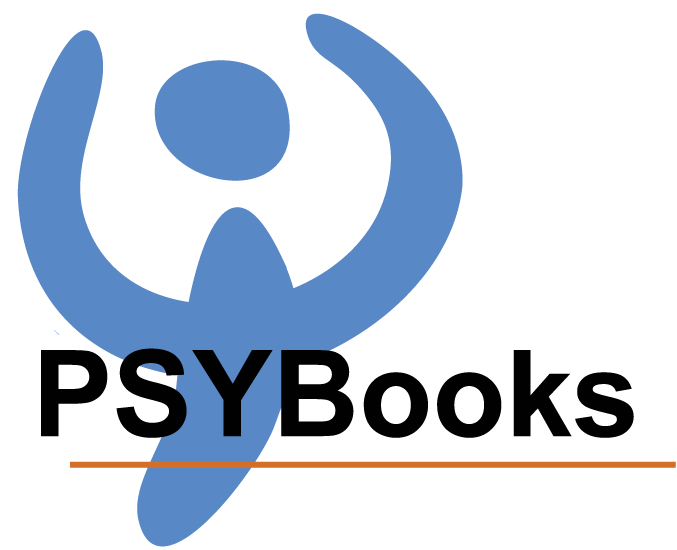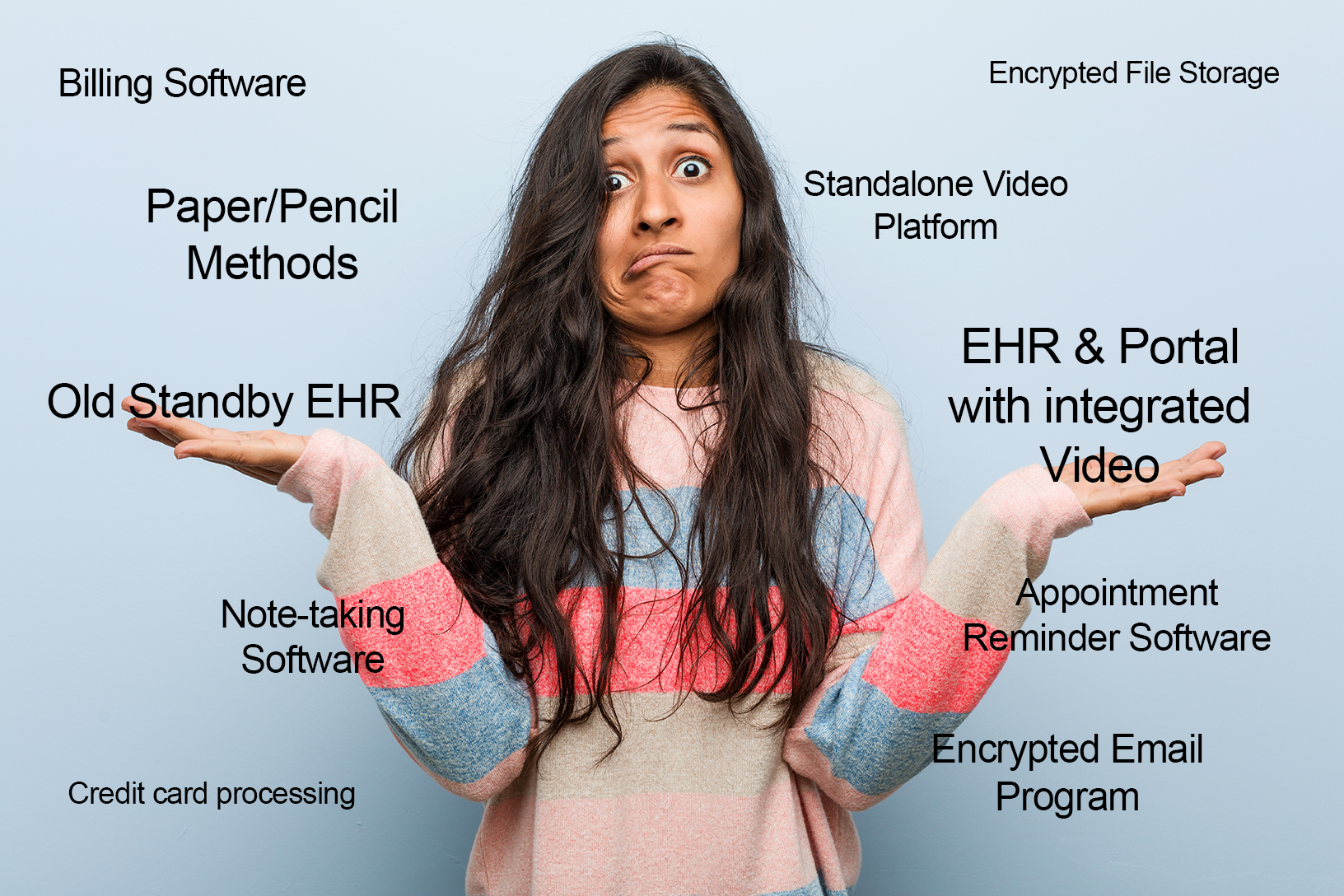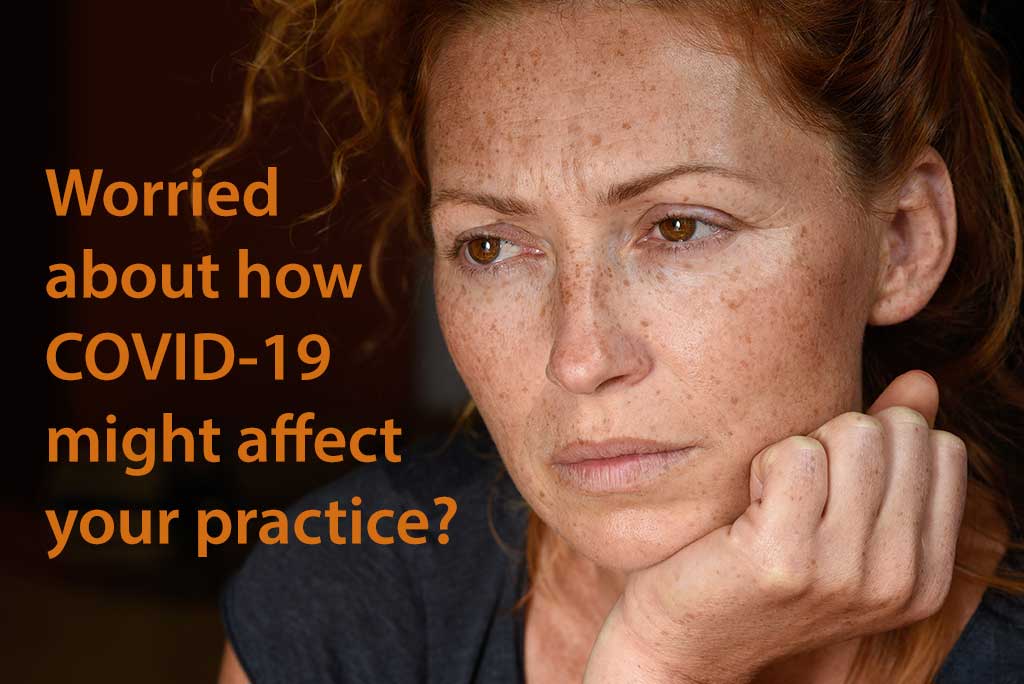All Patient Notes in ONE Place – You Don’t Have to Go Looking
Recently, a top journal in the field of Electronic Health Record (EHR) development posted this quote from an anonymous doctor who was dissatisfied with his EHR:
“I firmly believe this EHR makes important information difficult to find and interpret, and it is very inefficient.” He went on to say, “It creates superfluous and difficult-to-navigate notes and information that are not centralized. That makes it easy for care providers to disregard notes, and they often do. That affects patient safety. . . . It is difficult and arduous to document in the EHR, and providers’ efforts to do so still yield subpar results with erroneous, irrelevant information.”
This doctor is pointing out a very real problem inherent in some EHRs. However, he was referring to one of the "ONC Certified" EHRs which we've discussed previously. Those types of EHRS are inherently much more difficult to use than most EHRs that have been specifically created for the mental health professions, such as PSYBooks.






